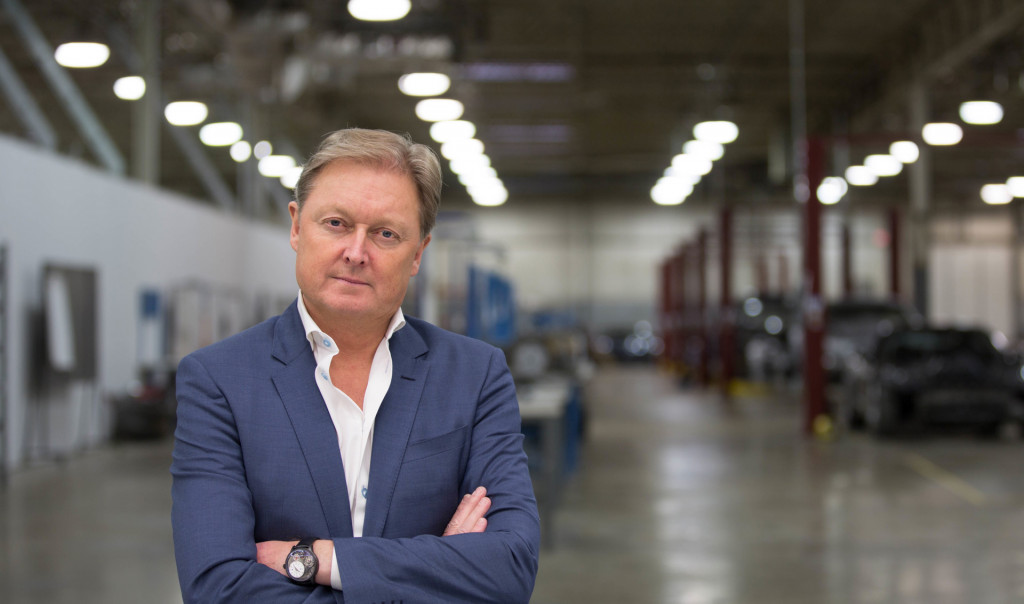In the race to build solid state batteries for electric cars, almost nobody is counting on Henrik Fisker and his latest electric-car venture, the EMotion, which debuted at the Consumer Electronics Show in Las Vegas in January.
Fisker, however, now says the car will launch in 2020 with his long-promised solid-state batteries.
"We're actually ahead of where we expected to be," Fisker told Inc. magazine in an interview. "We have built batteries with better results quicker than we thought."

Henrik Fisker
Previously, he had said the car would launch with conventional batteries supplied by LG Chem before the company's own solid state batteries were ready.
Many have been skeptical of Fisker's technological claims, both because of the bankruptcy of his first eponymously named automaker and because of the heritage of the solid-state battery technology Fisker is using.
DON'T MISS: Fisker EMotion: here's why we're skeptical about Fisker's latest electric car
Fabio Albano, the head battery scientist at Fisker's new car firm, Fisker Inc., came from Michigan-based solid-state battery company Sakti3, which was acquired by Dyson, the British vacuum-cleaner manufacturer. Dyson has since announced that it will produce a series of three electric cars, but that the first—also due in 2020—will not include the solid-state batteries.
The promise of solid-state batteries is that they don't contain flammable liquid electrolytes, so automakers don't need to build complicated protective structures around them. That allows more battery cells to be crammed into a smaller space, which can increase range.
They are also more stable as they recharge, so charging speeds don't have to be limited as the batteries get close to full capacity.
CHECK OUT: Fisker EMotion: what we learned about 400-mile electric car at CES
The challenges have been that solid-state batteries don't produce much power and don't perform well in cold weather.
Fisker says the company has addressed both challenges by building a layered battery with more surface area than a conventional battery design.

Fisker EMotion
He says the new battery will deliver a 460-mile range in the upcoming EMotion and recharge to 80 percent in about a minute.
He also says the battery weighs less than half as much as conventional lithium-ion batteries.
Fisker says theEMotion will have BMW 7-Series room inside and use a massive 140-kwh battery pack that helps provide 775 horsepower sent to all four wheels.
Update: This story originally made an incorrect reference to Dyson's current interest in the Sakti3 technology. The reference has been removed. We apologize for the error.












